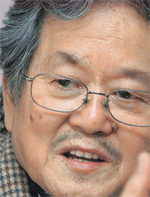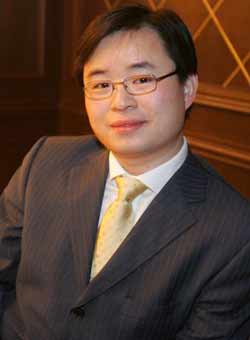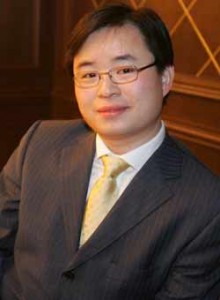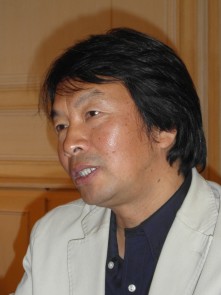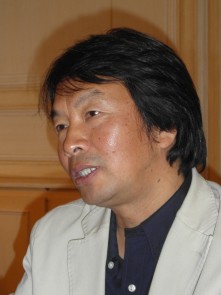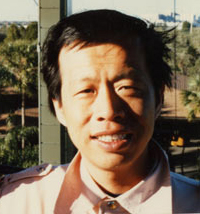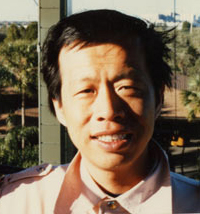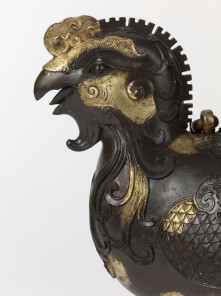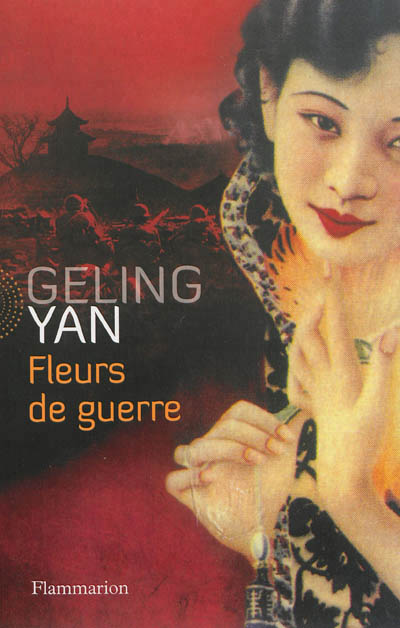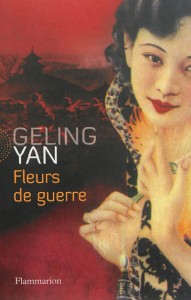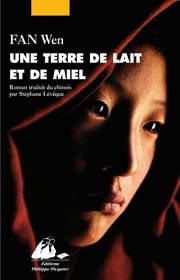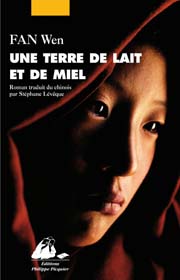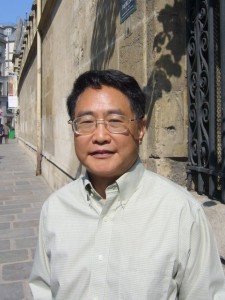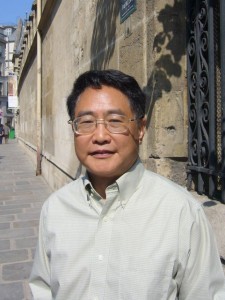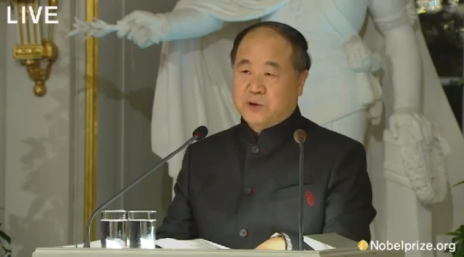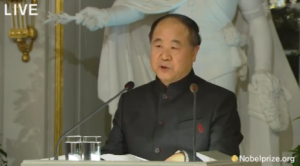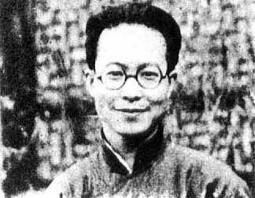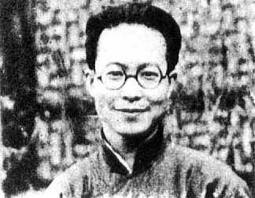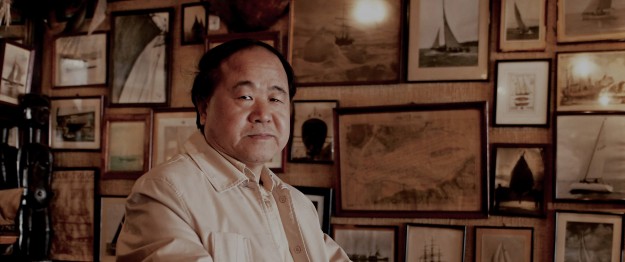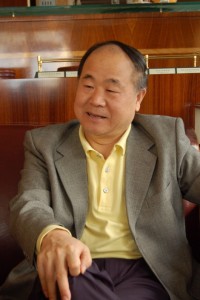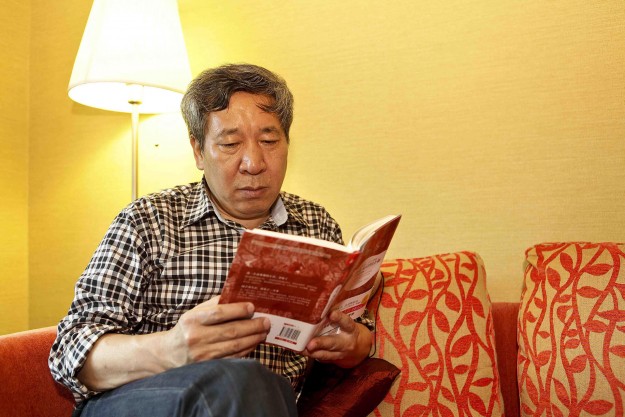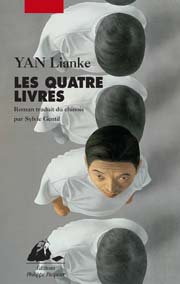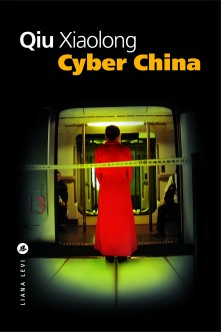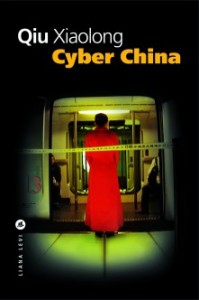Hwang Chun-ming: also for literature, Taiwan is not a part of China.
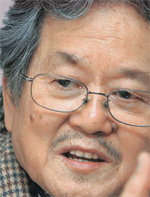 Hwang Chun-ming is one of the most famous Taiwanese writers. Born in Taiwan, attached to the island, to the ordinary people, the language and the culture, he is one of those who have supported the search of their roots.
Hwang Chun-ming is one of the most famous Taiwanese writers. Born in Taiwan, attached to the island, to the ordinary people, the language and the culture, he is one of those who have supported the search of their roots.
The collection of short stories “I love Mary ” which has just been published (1) in a French translation, is an expression of his talent. It is uncommon, after a few months, to remember all the … Lire la suite
